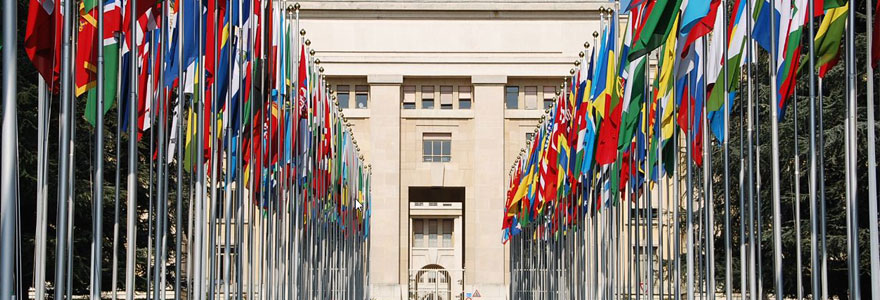Since the United Nations’ Organization benefit from a total immunity, it cannot be followed by a national court. This is why it has put in place an internal justice system to solve the different litigations that can occur between the official and the administration, including those with disciplinary measures.
To make sure that the officials have harmonious working conditions
In every big organization, the existence of harmonious working conditions is essential to the productivity. Systems, rules, and procedures must be established to bind the behavior and actions to some common criteria and make sure that the working process is going smoothly and that the work that is being done by every official is actually contributing and helps achieve the different general goals and objectives. The United Nations’ Organization is animated with noble ideals that concern the whole world like the universal declaration of the human rights, security, development, and peace. Still, litigations that are related to the employment such as contracts renewals are almost the same as those that occur in different fields, treatments, advancement, discrimination, harassment, or even disciplinary measures imposition. One must also add to the United Nations another dimension, which is the cultural diversity as well as geographic.
The UN and the officials must follow the juridical rules
In the United Nations’ Organization, rules are set to adjust the officials’ actions and define their fundamental rights. The United Nations organizational chart itself states these principles as absolute. There is a law and a personnel’s status as well as a financial rule of financial management. Other rules concerning the deontology, parity, harassment in the working place, and equity, while offering the organization the necessary means that can help it survive. The internal justice system was conceived to answer to situations where officials think that they were deprived from their rights. The access to this system is a basic right whatever their level can be.
The websites that helped write this article


